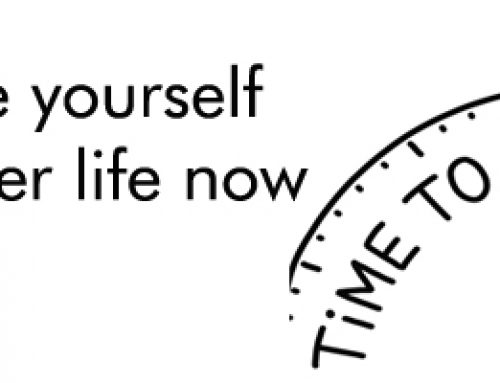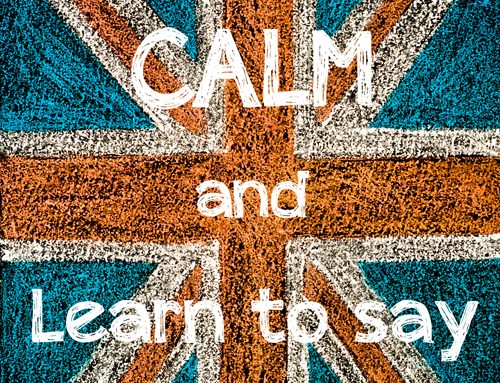When was the last time you felt truly listened to?
How did it make you feel?
Unfortunately, good listeners are few and far between. Most people listen without really hearing what the other person is saying. You can improve your listening skills by checking out these tips.
But first, why is it so hard for us to really hear what the other person is saying? Common pitfalls are:
- Believing communication is about telling
- Being busy constructing your response while the other person is talking
So what can we do differently that will acknowledge the other person and convey respect? Listening well can be summed up this way: Listen, watch and wait.
Here are some things you can do to assist this…
1) Settle in and relax your breathing and muscles. This puts you in a receptive state.
2) Listen quietly, asking for clarification or more information when appropriate.
3) Be careful with paraphrasing. You could inadvertently distort the other person’s message.
4) Pause before jumping in.
5) Check to make sure the other person has finished or if they are still processing internally in which case they will not be making eye contact and may have something else to add.
Remember, communication is an exchange — not a competition or confrontation.
Strive to have those you’re communicating with feel as good as you have when you have really been listened to and heard!
For more information on how you can become a powerful business communicator, download a complimentary copy of our groundbreaking new ebook, “The Leader’s Guide to Clear and Effective Communication” .
Roger Terry
Latest posts by Roger Terry (see all)
- Communication Skills for the Classroom - March 18, 2022
- Stop being your own worst enemy! - November 28, 2018
- Upgrade yourself for greater self understanding - November 3, 2018
- Upgrade yourself for a better life – download - October 26, 2018



